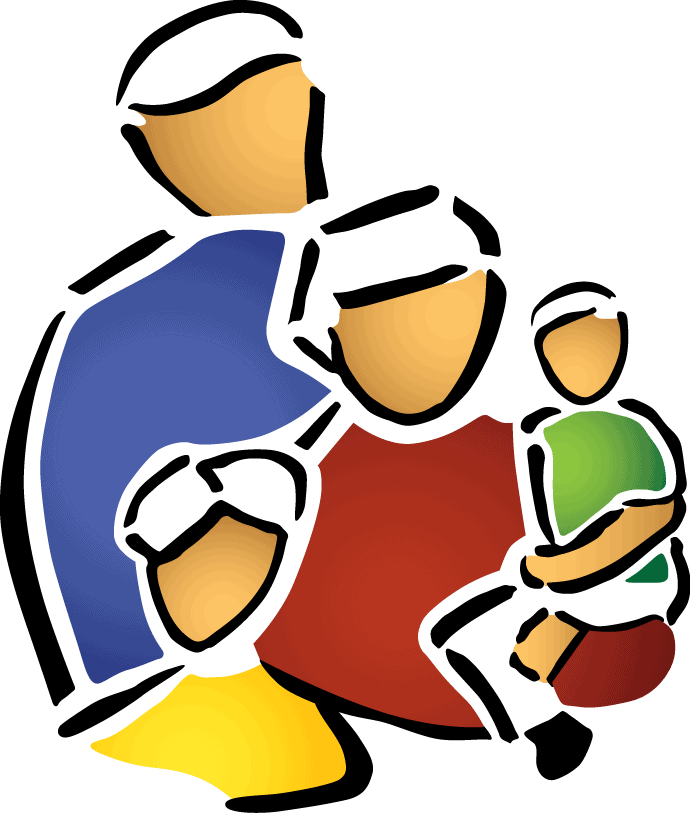Safeguarding means protecting a citizen’s health, wellbeing and human rights; enabling them to live free from harm, abuse and neglect. It is an integral part of providing high-quality health care. Safeguarding children, young people and adults is a collective responsibility.
Those most in need of protection include:
- Children and young people
- Adults at risk, such as those receiving care in their own home, people with physical, sensory and mental impairments, and those with learning disabilities.
All staff, whether they work in a hospital, a care home, in general practice, or in providing community care, and whether they are employed by a public sector, private, or not-for-profit organisation, have a responsibility to safeguard children and adults at risk of abuse or neglect in the NHS.
How to raise a safeguarding concern
If you think you or someone you know is being abused, or neglected you should tell someone you trust.
This could be a friend, a teacher, a family member, a social worker, a doctor or healthcare professional, a police officer or someone else that you trust. Ask them to help you report it.
Supporting people when concerns are raised about abuse or neglect can be very difficult and distressing for everyone involved. Deciding what’s the right thing to do can be stressful, particularly if the person you are concerned about is reluctant to accept support. If you are not sure what to do you can always seek advice.
To report a crime
- in an emergency, contact the police, call 999
- if the person is not in immediate danger, contact the police, call 10

